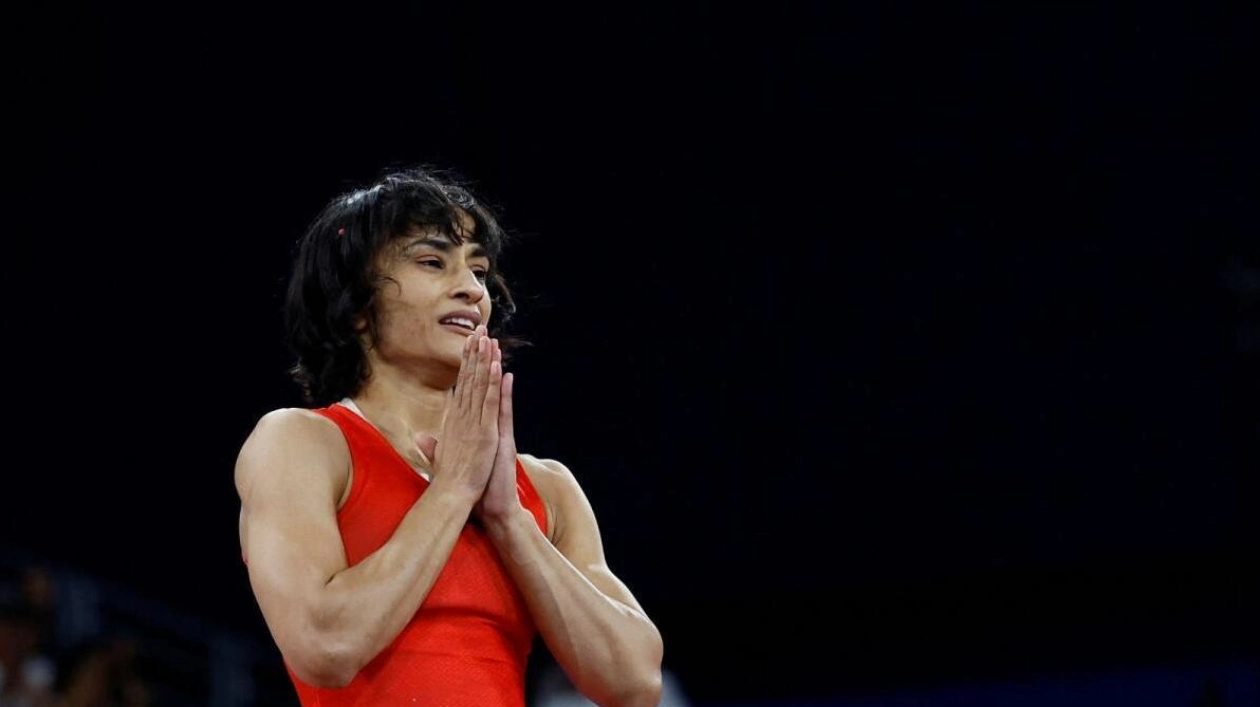Indian wrestler Vinesh Phogat faced disqualification in the women's 50kg freestyle final at the Paris Olympics on Wednesday due to weighing 100 grams over her allowed category limit. Devastated, the 29-year-old Phogat announced her retirement from wrestling, sharing a heartfelt message on social media following the controversy in Paris. According to the chief medical officer of the Indian delegation, Phogat, who naturally weighs around 55-56 kg, had to take extreme measures to compete in the 50kg category. A teammate revealed to Reuters that Phogat had nearly starved herself for a week to meet the weight requirement, along with other severe weight loss tactics, including drastic limitations on her water intake.
Phogat would have preferred to participate in the 53kg event, her favorite, but due to an injury, her compatriot Antim Panghal secured the spot in that class. Phogat had the option to move up a weight class, which would mean facing larger opponents, or drop further down to 50kg, a risky move requiring her to lose up to six kgs. Olympic sports with weight categories include wrestling, boxing, taekwondo, judo, and weightlifting, all designed to pair athletes of similar sizes. At the Paris Olympics, wrestling featured six weight categories for women and 12 for men. International rules mandate morning weigh-ins for each category, allowing wrestlers multiple opportunities to weigh in, with referees ensuring all meet their category's weight.
Weight cutting is a common practice in Olympic wrestling and other sports with weight categories, often to face weaker opponents. Athletes typically limit their food and fluid intake before weigh-ins, combining this with activities like training or using a sauna to induce sweating. The chief medical officer of the Indian delegation explained that the weight cut process involves calculated food and water restrictions, followed by sweating through sauna use and exercise. This restriction can lead to weakness, which is detrimental to athletic performance, prompting athletes to consume high-energy foods post-weigh-in to prepare for competition.
Phogat had to drink water before her matches on Tuesday to avoid dehydration, but this caused her weight to rise more than anticipated, leading her team to take extreme measures overnight. Despite efforts including cutting her hair and altering her clothing, they failed to meet the weight requirement. Phogat was later given intravenous fluids. Rapid weight loss methods can pose significant risks, including eating disorders, poor bone density, and hormonal imbalances. There have been instances where athletes have died due to complications from weight cutting, prompting regulatory changes in some organizations.






